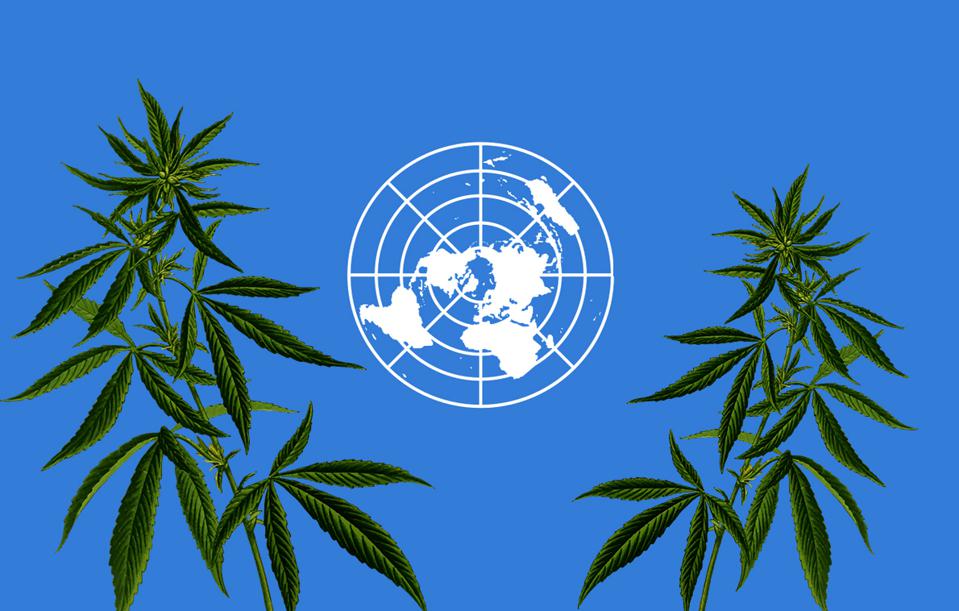A United Nations commission has voted to reclassify cannabis as a less dangerous drug, acknowledging the plant’s medical value and paving the way for further therapeutic use of the drug internationally.
The 27-25 vote by the Vienna-based UN Commission for Narcotic Drugs was based on 2019 recommendations by the World Health Organization (WHO), which provides technical expertise on drugs to the UN. The decision removes cannabis and cannabis resin from Schedule IV of the 1961 Single Convention on Narcotics Drugs, where it was listed alongside drugs such as heroin as having little to no medical or therapeutic value.
The recommendation argued that ‘the inclusion of cannabis and cannabis resin in Schedule IV is not consistent with the criteria for a drug to be placed in Schedule IV.’
It is believed that the decision would impact the global medical marijuana industry.
The United States, Canada, Mexico, and the United Kingdom were among the countries that voted to approve the measure; countries including Russia, China, Brazil, and Japan voted against it. Morocco was the only nation from the Middle East and North African region to support the reclassification.
Read Also: Turmoil In The Cannabis Business Has Claimed Another CEO
The UN system for classifying controlled drugs lists 250 substances in four ‘schedules,’ or categories, according to their health risks, dangers, addictiveness, and medical value. Schedule IV, which is what cannabis has been listed as for decades, is reserved for the most dangerous substances that are of ‘extremely limited medical or therapeutic value.’
Despite removing cannabis and cannabis resin from the Schedule IV list, the agency voted to leave the substances on the list of Schedule I drugs. The Schedule I list also includes cocaine, Fentanyl, morphine, Methadone, opium and oxycodone, the opiate painkiller sold as OxyContin.
The schedules weigh a drug’s medical utility versus the possible harm that it might cause, and experts say that taking cannabis off the strictest schedule could lead, however, to the loosening of international controls on medical marijuana.
The WHO made its recommendation to the UN nearly two years ago, acknowledging that cannabis can have negative effects and cause dependence but it does not carry a significant risk of death, as with other drugs on the Schedule IV list, and has been found to have a number of medical benefits.
The WHO committee said that despite ‘limited robust scientific evidence on the therapeutic use of cannabis,’ the drug has been shown to be different from Schedule IV substances that have little or no therapeutic use. Some of the medical benefits of marijuana listed in the WHO’s recommendation included reducing pain and nausea, easing symptoms of conditions including anorexia, epilepsy and multiple sclerosis.
AFRICA TODAY NEWS, NEW YORK

